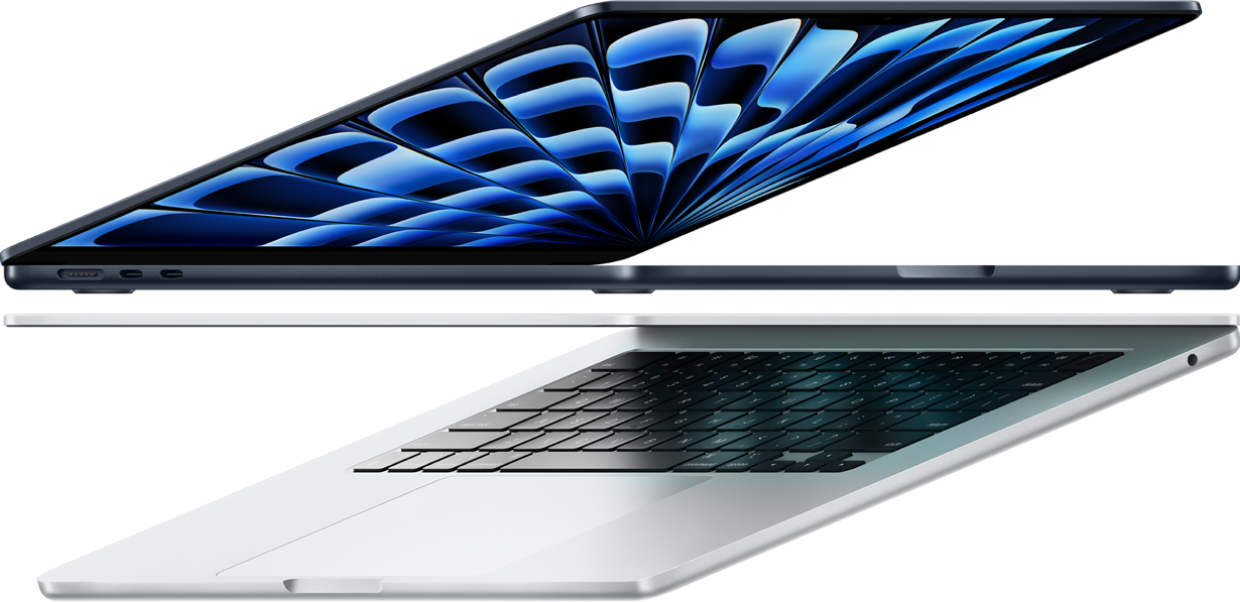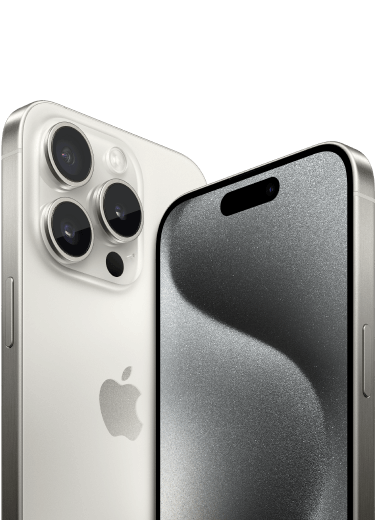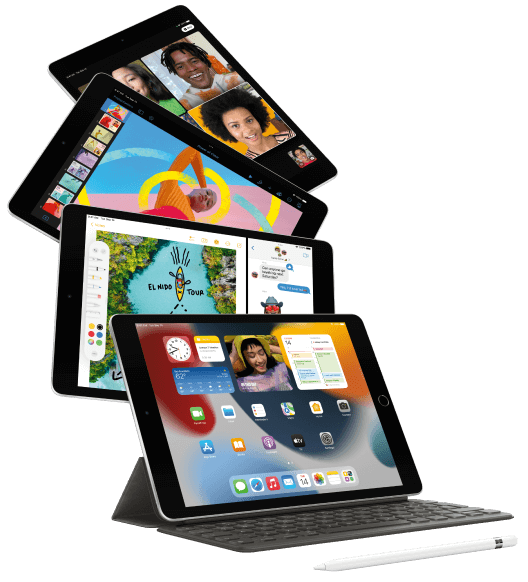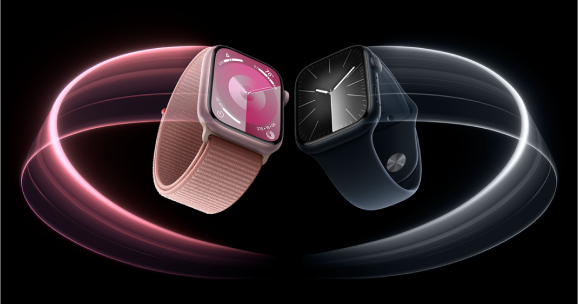
Why Privacy Matters: How iPhone Puts You in Full Control of Your Personal Data and Information
Privacy is not just a choice. It’s a fundamental human right. Here’s how Apple gets it right.
Imagine living in a world where your every move was tracked, your every activity was shadowed, and your every chosen path was plotted and stored for future reference by a machine that was forever by your side.
A science fiction nightmare? No, just an everyday reality of life in the 21st Century. Because the truth is, you’re never alone with a phone.
Our mobile devices are portals to worlds of information, knowledge, and wonder, but the big question we need to ask is this: is it worth trading our personal autonomy, our sovereign sense of who we are, for the power and convenience of technology?
Earlier this year, at the Time100 Summit, Apple CEO Tim Cook pondered the issue, and his answer was rooted in a deep concern for the implications of the new surveillance society.
“If we begin to feel that we’re being surveilled all the time,” he said, “our behaviour changes. We begin to do less. We begin to think about things less. We begin to modify how we think. In a world like that, where we’re restraining ourselves, it changes society in a major way.”
The solution? Empower the human, by limiting the power of the machine. Based on the principle that privacy is a fundamental human right, that’s exactly what Apple has been doing, by making iPhones not just user-friendly, but respectful of the user’s personal data.
Rather than “vacuuming up data” on an uninformed basis, as Cook puts it, the iPhone puts access to private data in the user’s own hands.
Which apps and services should be allowed to track your search and browsing activity, in order to send you targeted advertising?
Which apps should be allowed to track your location, using GPS, Bluetooth, WiFi hotspots and mobile phone masts, in order to help you with navigation, traffic routing, and recommendations?
Which apps should be allowed to access your iPhone’s camera, microphone, calendar, contacts, reminders, and health data? It’s entirely up to you.
The “ops centre” of this decision-making process is the App Privacy Report, found in the Privacy section under Settings.
Here, the user is presented with a dynamic breakdown of each app’s network activity, website network activity, and the most frequently contacted internet domains.
The Data and Sensor Access section of the report reveals how often an app has accessed the iPhone’s camera, contacts, location, media library, microphone, photo library, or screen recording.
Armed with this intelligence, the user can choose to enable or disable each app’s access, in a selection of separate privacy modules. This is permission-engineering on a granular level, and it puts the onus for your informed decision on the developers of the apps themselves.
A ride-sharing app, for instance, may be able to justify its request for location-sharing by pointing out that your location is needed to improve the accuracy of your pick-up.
But a news app that wants your location switched on so it can send you “notifications about news and events happening around you” may well be planning to deluge you with ads.
Either way, unlike Google, Apple doesn’t keep a timeline history of your location-by-location movements, and you can choose to switch off location tracking altogether.
In a bid to be completely transparent to users, Apple made a crucial decision to allow users to see what data each app has access to. If you are running the latest iOS, “Privacy Nutrition Labels” appear for all apps on the App Store. You can swiftly prevent any app from tracking you (go to Settings, Privacy, Tracking) if you prefer not to have your personal information tapped and tagged for sales and marketing purposes. Here you can clearly see what data is used to track you; what data is linked to you; and what data is not linked to you. One of the biggest problems with Android apps is not knowing if there is hidden malware and adware on it; you may think you are downloading a useful app, but all it’s doing is tracking you and selling your data to a third party. Apple is more stringent when it comes to app approval and stating what information of yours will be used.
Maybe you don’t mind — maybe you want an app to inform you of community activities and small business promotions in your area. In that case, choose “Allow App to Track”, and the gates of data will be opened.
By leaving it up to the user, rather than coding it into the background by default, Apple is living up to its philosophy that privacy is a right as much as a choice.
This goes beyond tracking, with iMessages and FaceTime video calls encrypted end-to-end, making them accessible only to the parties in the conversation. And it's built into the hardware too, with secure, authenticated access by Face ID. Further more with private browsing on Safari, your data will not be used by third party companies and none of what you access will be saved, saved to search history nor work with “autofill” any information.
Left to our own devices, who wouldn't want to be in charge and in control of how our personal information is accessed, used, and shared?
The choice is up to us, making the most of technology in the best of all possible worlds.
For more information on moving from Android to iPhone at iStore, please visit https://www.istore.co.za/switch.
To learn more about the privacy and security features built into your iPhone, sign up for the free iStore Online presentation, “Explore privacy and security features on iPhone”, at https://www.istore.co.za/meets.


















